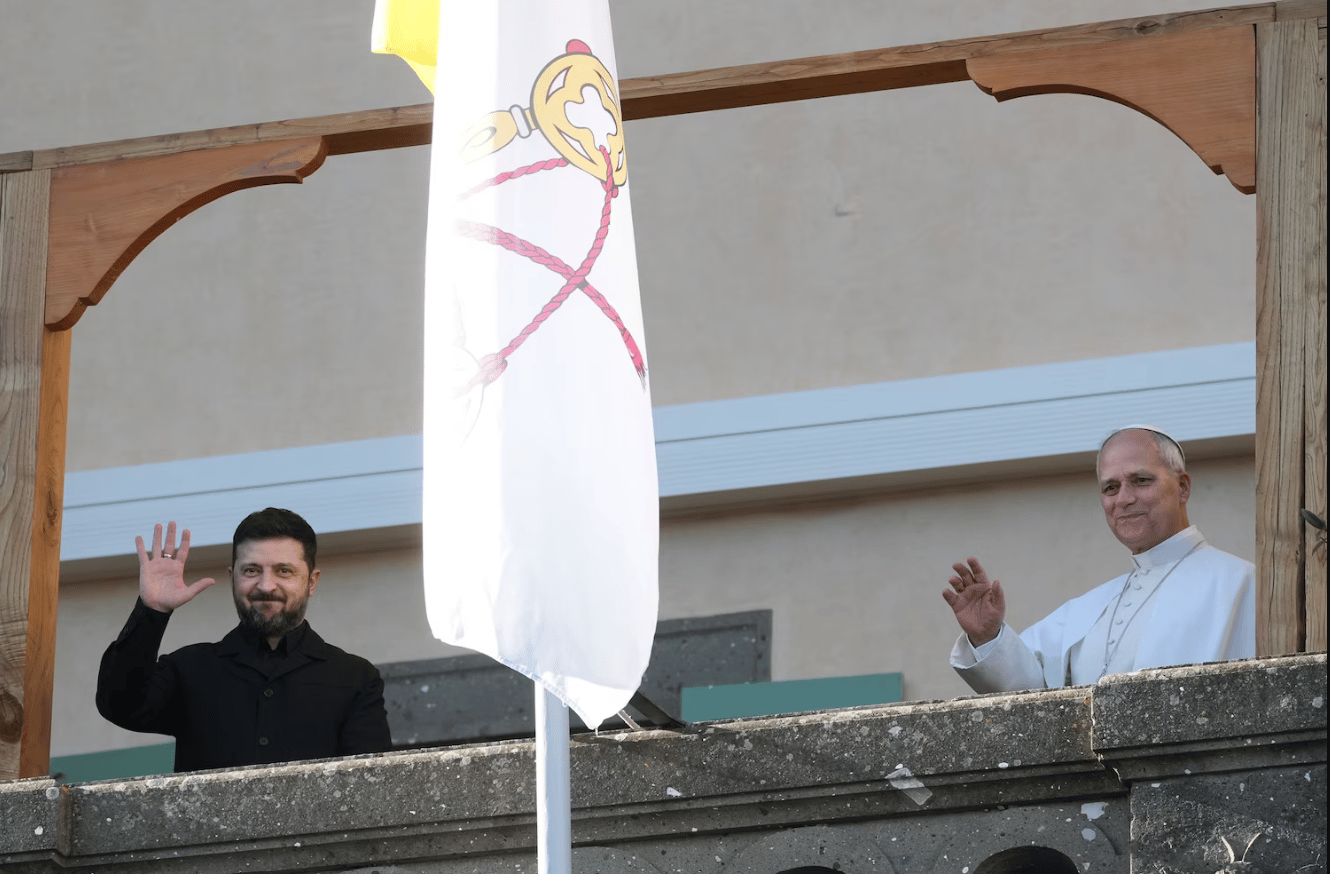LVIV, Ukraine — One year ago, Ukrainian Catholic Archbishop Sviatoslav Shevchuk named Tetiana Stawnychy president of Caritas Ukraine. Within about seven months, Russia had invaded Ukraine, and Caritas was one of the first groups to provide assistance to people affected by the war.
In an interview with Religious Information Service of Ukraine, Stawnychy said the period before the invasion was a time of intense preparation.
“It was very important for me to find a path that would take us through this difficult time so that the organization, which has been operating in Ukraine for almost 30 years and which is a practical tool for active service of the church, was capable to respond to the challenges of our time and continue to develop and improve itself,” she told RISU.
Now, she said she is confident that Caritas Ukraine is ready for all changes.
During the first five months of the war, Caritas provided assistance to more than 1.3 million people, which she attributed to “our well-developed network throughout Ukraine and our practical experience in responding to emergencies.”
“In particular, the social service development project has become very relevant for expanding the network. And now, this area of our work is very effective — the parishes with which we previously worked to develop social service are now actively involved in responding to the humanitarian crisis,” she told RISU.
“Unfortunately, the humanitarian crisis in Ukraine will only worsen, and our main task is to respond accordingly: help people living near the front line or in territories that are constantly being shelled, as well as (Ukrainians) who were forced to leave their homes due to the war and often simply have nowhere to return,” she said.
Stawnychy, who served for years as director of the U.S. bishops’ subcommittee on Aid to the Church in Central and Eastern Europe, said Caritas would continue to provide emergency aid, but the agency was already working to help people get back on their feet.
“Here we are talking about psychosocial support, work with children, restoration of housing, where possible, assistance in employment, training or retraining if necessary, and assistance in starting one’s own business,” she told RISU.
“Another important area of work for us is peacebuilding or, in other words, strengthening social cohesion — working in communities, promoting mutual understanding between different groups of the population, and integrating displaced people into new places of life. The main task of Caritas is to show love — to help those in need, change the situation, and heal.”














